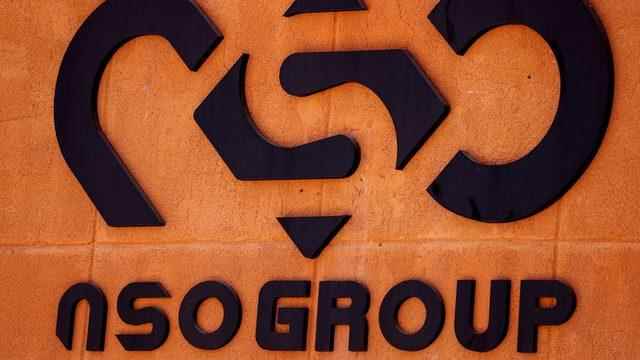Apple has sued the Israel-based NSO Group, which produces Pegasus software used for internet spying. The technology giant decided to go to court after the allegations that iPhone users’ phones were infiltrated.
In his post on his Apple blog, he announced that he had filed a lawsuit against NSO in the US state of California and demanded that the company and OSY Technologies, to which it is affiliated, be held responsible for “monitoring activities targeting Apple users”.
In its lawsuit filed with the Northern California District Court, Apple noted that NSO’s software was “used in coordinated attacks targeting Apple customers in 2021” and that US citizens could be tracked by NSO’s spyware from their cell phones, even if they were in other countries.
Apple also claimed that the NSO group had produced more than 100 fake Apple ID user profiles for use in executing these attacks.
The giant technology company says that its network servers were not hacked, but that NSO abused and manipulated the servers to carry out attacks against Apple users.
Apple also says it is directly involved in consulting the NSO Group for spyware, but denies the claim, saying it only sells the software to NSO customers.
What does the NSO say?
NSO said in a statement, “The technological tools used by NSO Group’s customers have saved thousands of lives worldwide. Pedophiles and terrorists roam the tech havens, and we provide legal tools to governments to combat them. The NSO group will continue to defend the truth.” .
NSO’s Pegasus software can infiltrate both iPhones and Android devices and allows users to leak messages, photos and e-mails from these devices, record phone calls, and take audio and video recordings without being noticed.
The NSO Group says these software targets “terrorist-related crimes” and criminal organizations in general.
But there are allegations that these software are also used against activists, politicians and journalists.
NSO says it only sells software to the military, police and intelligence agencies of countries with “good human rights records”.
The United States announced this month that it had “blacklisted” the company, saying the software allows foreign governments to carry out cross-border repression, meaning that in practice authoritarian governments can monitor dissidents, journalists and activists wherever they are.
Prior to Apple, Microsoft, Meta Platforms (Former Facebook), Google-owned Alphabet and Cisco Systems companies also criticized NSO.
Is ‘state-sponsored’ spyware legitimate?
James Clayton BBC North America T**ecnology M**reporter
Apple attaches great importance to the protection of its users and the security of personal information has an important role in its sales.
So it’s no wonder that the company was very upset and sued a company that allegedly tried to circumvent Apple’s security barriers.
But that’s not the only reason Apple took this step.
Not all hackers are created equal. The NSO group’s clients include governments, or as Apple calls it, a “government-backed” company.
NSO claims to only sell software to countries with good human rights records.
In this way, the company tries to distance itself from the dark work of internet hackers operating underground.
Apple, on the other hand, has denied this distinction with its lawsuit against NSO.
It gives the message that whoever tries to hack Apple products will not allow it, regardless of the reasons for the leak.
But there is another aspect of this that should not be overlooked.
At the same time, Apple sees it as an easier and more politically manageable way to sue the company that produced the software than from countries that allegedly use this spyware.
